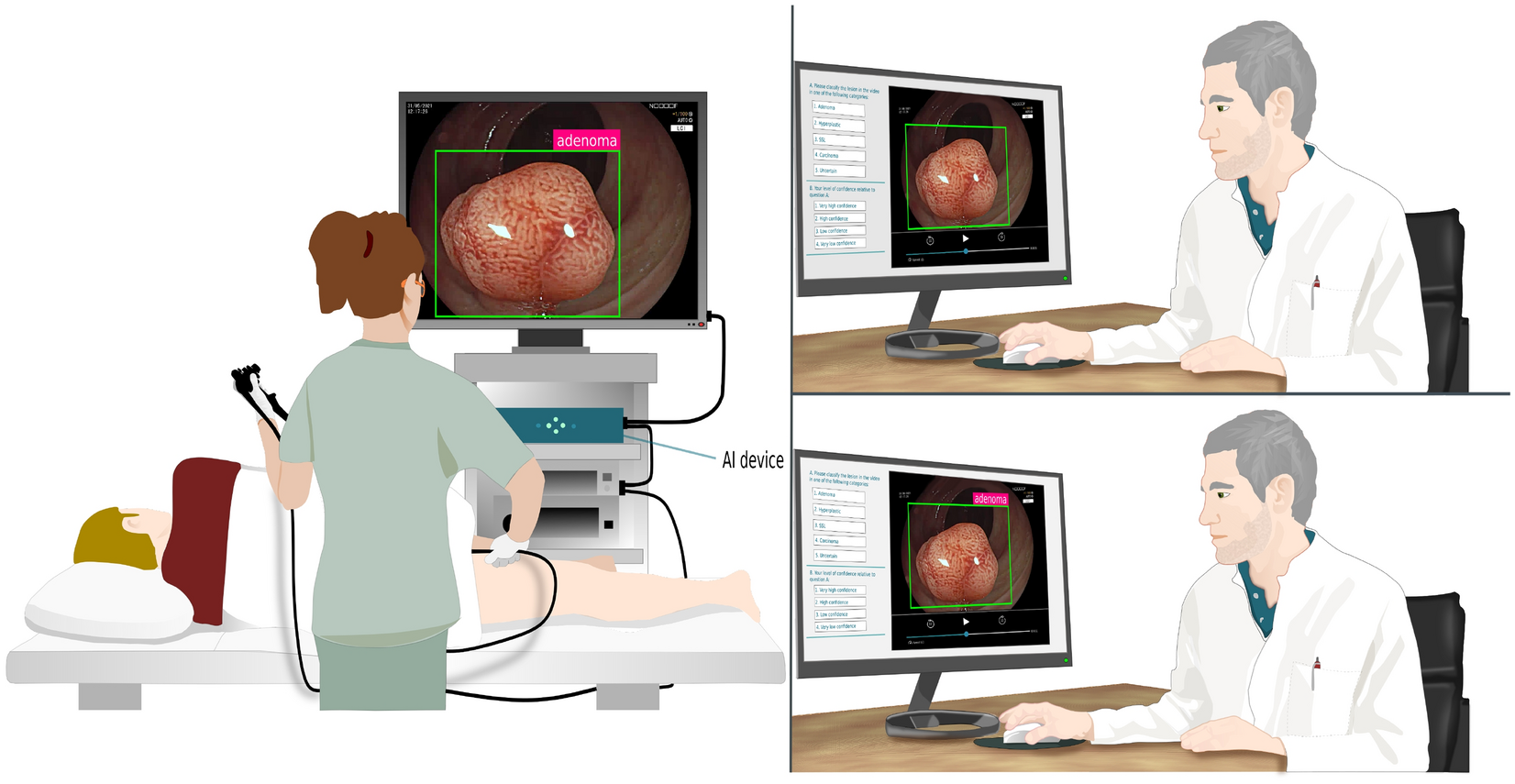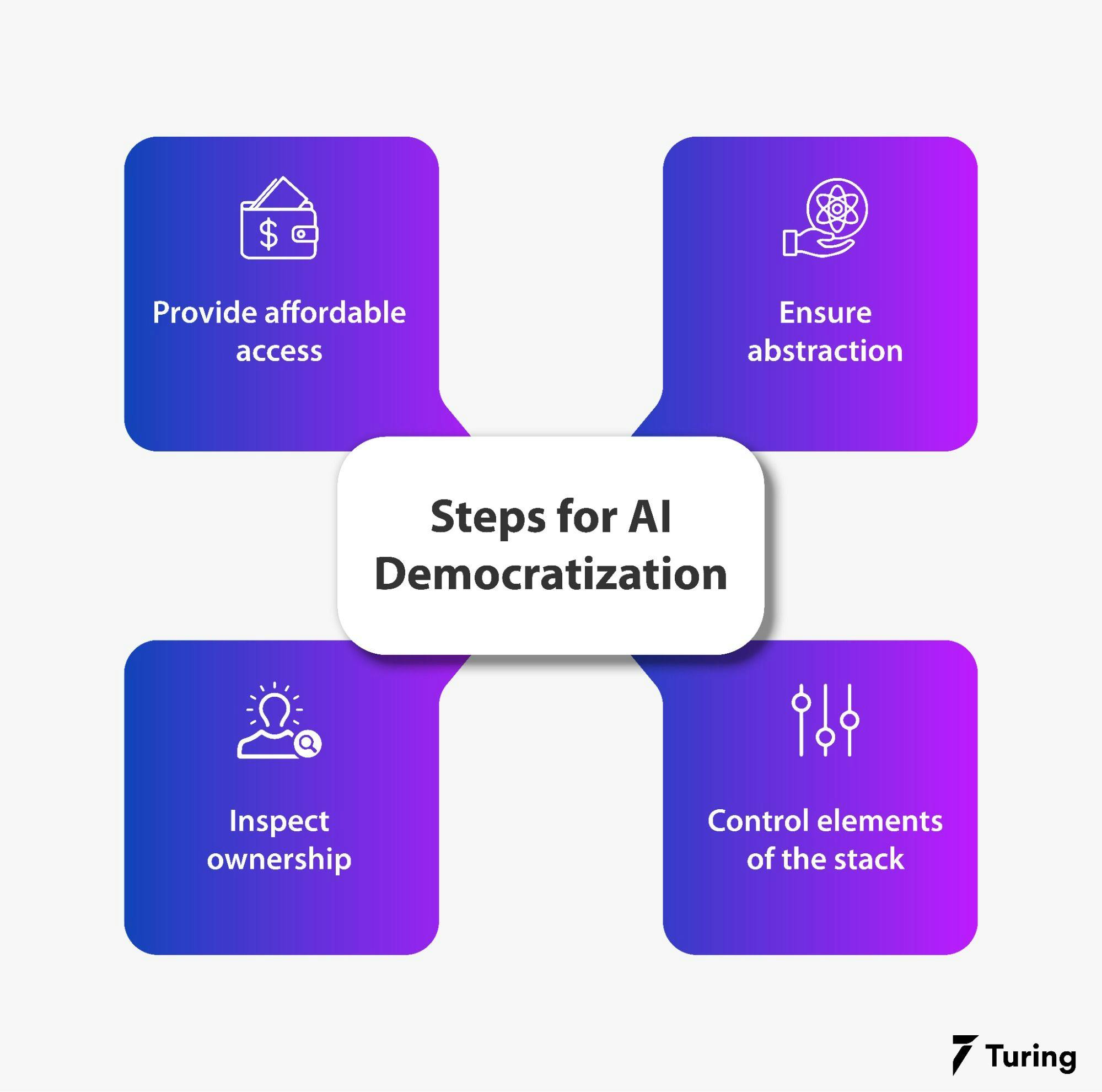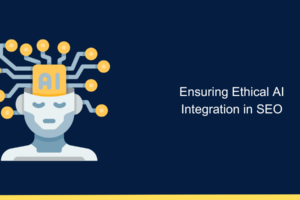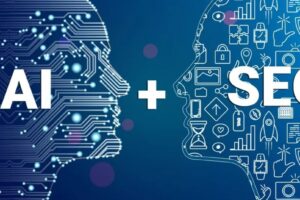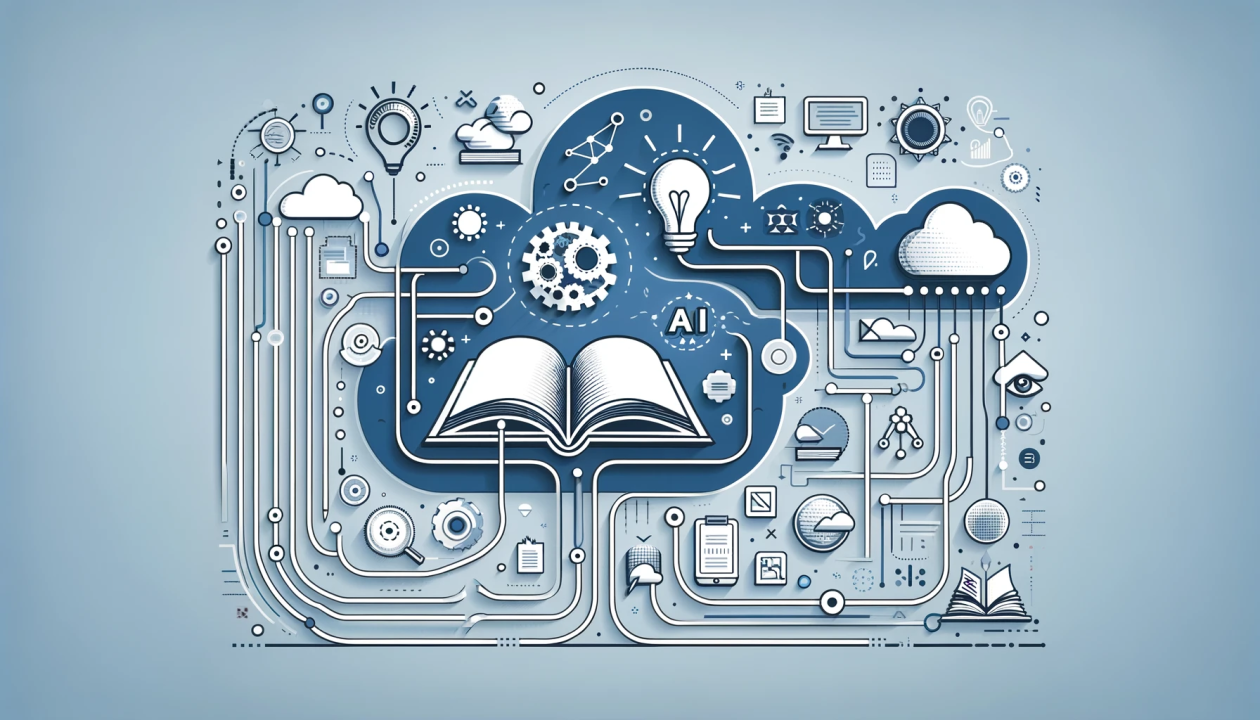
11 Dynamic Programming Perspectives in the Post-AI Era: Embracing Innovation and Opportunity
In the wake of rapid advancements in artificial intelligence (AI), the landscape of programming is undergoing a profound transformation. As AI technologies become more pervasive, programmers are faced with new challenges and opportunities. In this article, we explore the evolving perspectives on programming in the post-AI era and discuss how developers can navigate this frontier.
AI Integration: The New Normal
As AI technologies become increasingly integrated into various software applications, programmers are required to adapt their skill sets accordingly. From machine learning algorithms to natural language processing systems, AI is revolutionizing the way software is developed and deployed. In the field of e-commerce, recommendation systems powered by AI analyze user behavior to suggest personalized products, enhancing the shopping experience and increasing sales.
Human-AI Collaboration: A Paradigm Shift in Post-AI Era
With great power comes great responsibility, and this axiom holds true in the realm of AI programming. As developers harness the capabilities of AI to solve complex problems, they must also grapple with ethical dilemmas surrounding issues such as bias, privacy, and transparency. For instance, in healthcare, AI-powered diagnostic tools must be developed with careful consideration of patient privacy and the potential for bias in diagnosis.
Ethical Considerations: Balancing Power and Responsibility
With great power comes great responsibility, and this axiom holds true in the realm of AI programming. As developers harness the capabilities of AI to solve complex problems, they must also grapple with ethical dilemmas surrounding issues such as bias, privacy, and transparency. In healthcare, AI-powered diagnostic tools must be developed with careful consideration of patient privacy and the potential for bias in diagnosis.
Lifelong Learning: Embracing Change
In the fast-paced world of technology, programming languages and frameworks are constantly evolving. As such, programmers must adopt a mindset of lifelong learning, continually updating their skills to keep pace with emerging trends and technologies. An example of this can be seen in the field of web development, where new frameworks and libraries are constantly being introduced, requiring programmers to stay up-to-date with the latest tools and techniques.
Democratizing AI: Making Technology Accessible
One of the most exciting developments in the post-AI era is the democratization of AI technologies. With the proliferation of open-source tools and platforms, programmers from diverse backgrounds can now access and leverage AI capabilities to create innovative solutions. For example, platforms like TensorFlow and PyTorch have made it easier for developers to build and deploy machine learning models, democratizing access to AI technology.
Beyond Coding: Embracing Interdisciplinary Skills
As AI blurs the boundaries between traditional fields of study, programmers are increasingly required to possess interdisciplinary skills. From data science to cognitive psychology, a diverse skill set can enhance a programmer’s ability to tackle complex challenges. For instance, in the field of robotics, programmers with backgrounds in both computer science and mechanical engineering collaborate to develop intelligent and physically capable robots.
Unprecedented Advancements in Generative AI
The evolution of large language models has transcended mere language processing, delving into realms that demand nuanced understanding and creativity. This progress signifies a paradigm shift in our perception of AI, elevating it from a tool for problem-solving to a force capable of genuine creativity. AI-powered writing assistants like Grammarly utilize generative AI to provide users with suggestions for improving their writing, demonstrating the technology’s capacity to enhance productivity and creativity in various domains.
Ethical Considerations in AI Development
Alongside the remarkable advancements in AI, ethical debates surrounding its development and deployment have intensified. One prominent example is the issue of bias in AI algorithms. For instance, facial recognition systems trained on biased datasets have been shown to exhibit racial and gender biases, leading to discriminatory outcomes. Efforts to address this challenge include the development of bias mitigation techniques and the establishment of guidelines for responsible data collection and model training. Additionally, initiatives like the Partnership on AI and the IEEE Global Initiative on Ethics of Autonomous and Intelligent Systems aim to foster collaboration and develop ethical frameworks to guide AI development and deployment.
Transformative Impact on Industries
Across various sectors, from healthcare to finance, AI has left an indelible mark. It has revolutionized patient care, financial services, and numerous other fields, ushering in an era of unprecedented efficiency and personalization. For example, IBM’s Watson for Oncology leverages AI to analyze patient data and medical literature to assist oncologists in treatment planning. This technology has the potential to improve patient outcomes by providing personalized treatment recommendations based on the latest medical research and clinical guidelines.
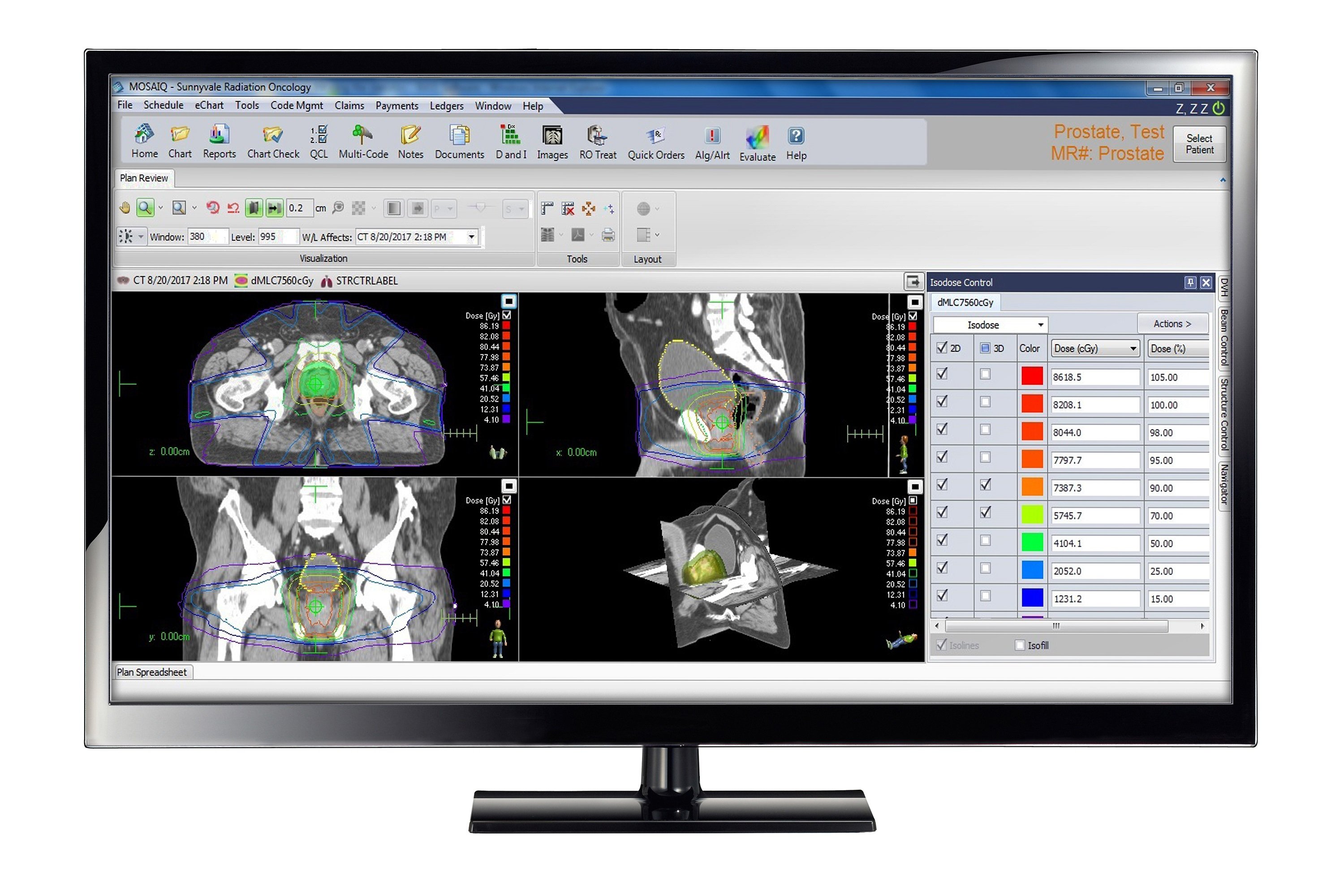
Regulation and Collaboration: Charting the Path Forward
As AI continues to advance, the need for robust governance and collaboration becomes increasingly apparent. Balancing innovation with ethical considerations, privacy with progress, and autonomy with oversight will require concerted efforts on a global scale. The European Union’s General Data Protection Regulation (GDPR) sets stringent guidelines for the collection, processing, and storage of personal data, aiming to protect individuals’ privacy rights in the age of AI.
Evolving the Human Element on a Personal Level
No matter how far technology goes in the upcoming years, it’s clear that it won’t yet surpass us in being human. So, we’ve mapped out the human skills that will remain important over time, in which tech executives should continue investing:
- Critical thinking and nuanced decision-making: Humans excel at making tricky choices when things get complicated. We can be super flexible and adaptable when needed, which should be encouraged and developed.
- Seeing the big picture: Understanding one’s role within a big corporate machine makes practices more aligned and effective. This perspective doesn’t come naturally to all people, but can and should be taught.
- Creativity: While AI performs well in creative tasks, creative humans still excel at finding unique, out-of-the-box solutions. In a world where everybody uses AI, this advantage becomes more important than ever.
- Effective communication: Listening carefully to diverse perspectives and being able to present your perspective clearly are key to effective processes and practices.
- Emotional intelligence: Being able to walk a mile in other people’s shoes, whether these shoes belong to your clients or your peers, will stay as important as it is today.
- Understanding complex social dynamics: People don’t operate in a vacuum, so understanding cultural dynamics that shape certain behaviors, within a team and outside of it, is key to creating supportive and goal-oriented practices.
- Leadership skills: Effective leadership is essential for guiding teams through challenges, fostering innovation, and driving results.
Conclusion
In conclusion, the post-AI era presents a paradigm shift in programming, marked by AI integration, ethical considerations, and transformative impacts on industries. As programmers adapt to collaborate with AI and navigate ethical complexities, lifelong learning and interdisciplinary skills become crucial. Effective regulation and global collaboration are imperative for responsible AI development. Moreover, human skills like critical thinking, creativity, and effective communication remain essential. By embracing these evolving perspectives, programmers can navigate the post-AI frontier, shaping a future where technology enhances human potential and societal well-being.
Are you ready to dive into the cutting-edge world of AI and programming? CADLE Institute in Ludhiana offers specialized training programs designed to equip you with the knowledge and skills necessary to thrive in fields like prompt engineering and ChatGPT development. With expert-led workshops and hands-on sessions, you’ll gain practical experience and insights into leveraging AI technologies effectively. Whether you’re a seasoned professional looking to enhance your expertise or a newcomer eager to explore the possibilities of AI, CADLE Institute provides the perfect environment for growth and innovation. Join us today and embark on a journey towards mastering the future of programming and AI at CADLE Institute in Ludhiana!
How do you think AI will continue to shape the future of programming, and what steps can individuals take to stay ahead in this rapidly evolving landscape? Share your thoughts in the comments below, and let’s continue this conversation together!
Tag:AI Development, AI Integration, Artificial Intelligence, CADLE Institute, Creativity in AI, Critical Thinking, Effective Communication, Emotional, Ethical Considerations, Future of Programming, Generative AI, Human-AI Collaboration, Industry Transformation, Intelligence, Interdisciplinary Skills, Leadership Skills, Lifelong Learning, Programming, Regulation and Governance, Technology Trends, Training Programs

